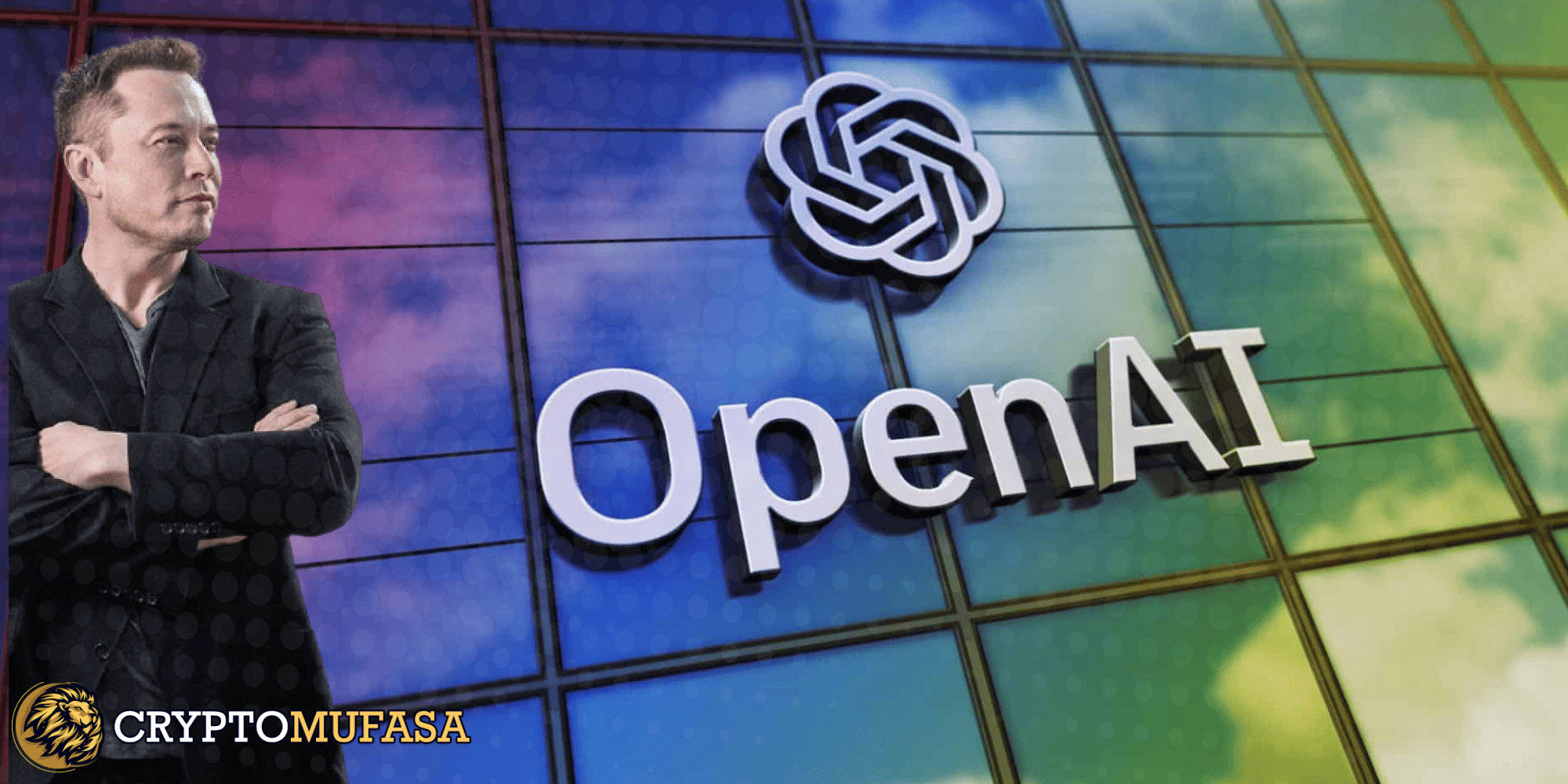In a significant legal development, OpenAI has filed a motion to dismiss a massive lawsuit filed by co-founder Elon Musk. Elon Musk’s lawsuit accuses OpenAI of breach of contract under the RICO Act and violation of fraud and racketeering laws. In response, the AI company faced a strong defense, claiming that Musk’s claims were unfounded. OpenAI also claims the lawsuit is part of a broader attempt to sabotage its ongoing success.
OpenAI pushes back against Musk’s lawsuit
OpenAI’s motion, filed in the U.S. District Court for the Northern District of California, seeks to dismiss broad claims made by Musk, who co-founded the organization in 2015. OpenAI responds to Elon Musk’s lawsuit. It abandoned its original non-profit mission in favor of commercial ventures, including partnerships with companies like Microsoft. Musk argues that these actions violate an agreement to keep OpenAI’s technology open source for the public good.
But OpenAI’s response paints a different picture. In response to Elon Musk’s lawsuit, OpenAI argues that no such enforceable contract existed between Musk and the organization. According to OpenAI, the discussions Musk mentioned were informal and not legally binding in any way. The company’s lawyers argue that Musk’s claims are speculative and unsupported by evidence.
Legal Status: OpenAI disputes breach of contract claims
One of the key points of OpenAI’s move is its claim that no formal contract has been signed. The AI company claims the “founding agreement” that Musk claims existed was merely part of early-stage discussions about OpenAI’s mission and operating goals. According to OpenAI, these conversations do not constitute legally enforceable promises.
The defense also emphasizes that Musk’s donation to OpenAI a year after the contract claims were not part of the quid pro quo agreement. OpenAI argues that without a negotiation, there would be no valid contract that Musk could enforce. The motion further emphasizes that Musk cannot point to any specific promises or commitments from OpenAI that support his claims.
Fraud and racketeering claims classified as speculative
In addition to challenging the breach of contract claims, OpenAI also refutes Musk’s allegations of fraud and racketeering. OpenAI responds to Elon Musk’s lawsuit by countering accusations that it engaged in self-dealing and misrepresentation. Musk has accused the company of engaging in self-dealing and misrepresentation, claiming that OpenAI executives defrauded him by pursuing commercial deals that went against the organization’s original mission.
However, OpenAI counters these accusations and argues that Musk’s claims lack concrete evidence to stand up in court. The defense team called Musk’s claims “unfounded” and argued that the lawsuit was an attempt to expand the scope of the case without substantial factual support. The company argues that Musk’s fraud claims are based on speculation and not actual misconduct.
Microsoft Deal: A Point of Controversy
A key element of Musk’s lawsuit is the claim that OpenAI broke its promises by partnering with for-profit entities, pointing specifically to its collaboration with Microsoft. Musk argues that the licensing agreement goes against the non-profit ideals on which OpenAI was founded. He believes this move constitutes a breach of fiduciary duty.
In response, OpenAI explains that its transition to a hybrid for-profit and non-profit model is within its legal rights and follows its development strategy. The company argues that as a donor, Musk has no legal standing to challenge or direct its decisions. OpenAI also claims that its partnership with Microsoft does not violate any of the terms mentioned by Musk. This is because the term has never been officially agreed upon.
Fiduciary Duty and Donor Rights: OpenAI Questions Musk’s Position
Much of OpenAI’s motion to dismiss focuses on Musk’s position as plaintiff. The company argues that Musk lacks legal authority as a donor to bring a fiduciary duty claim. OpenAI, originally founded as a nonprofit in Delaware, maintains that donors like Musk do not have a controlling interest in the company’s business decisions.
OpenAI’s lawyers argue that Musk’s contributions to the organization give him no right to challenge the decisions of its board or management. Moreover, the defense emphasizes that Musk does not have any reverting interest in the company’s assets, giving him a stake in OpenAI’s operating decisions.
Next steps for the court
OpenAI’s motion to dismiss will be heard Nov. 12 by U.S. District Judge Yvonne Gonzalez Rogers. If the court rules in favor of OpenAI, it could dismiss the lawsuit and end the case early. However, if the court denies the motion, the case moves to discovery, where both sides must present additional evidence to support their claims.
The stakes are high on both sides, and the outcome of the lawsuit could have implications for OpenAI and the broader tech industry. Musk continues to resist OpenAI turning into a commercially driven organization. OpenAI responded to Elon Musk’s lawsuit, highlighting a deeper conflict over the future of AI development and balancing innovation and corporate influence.

